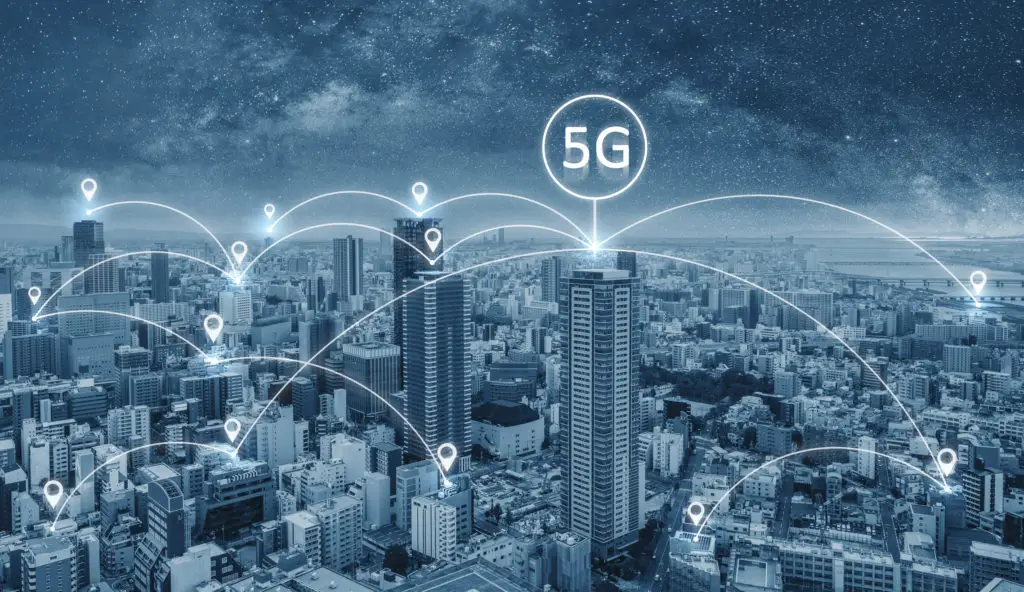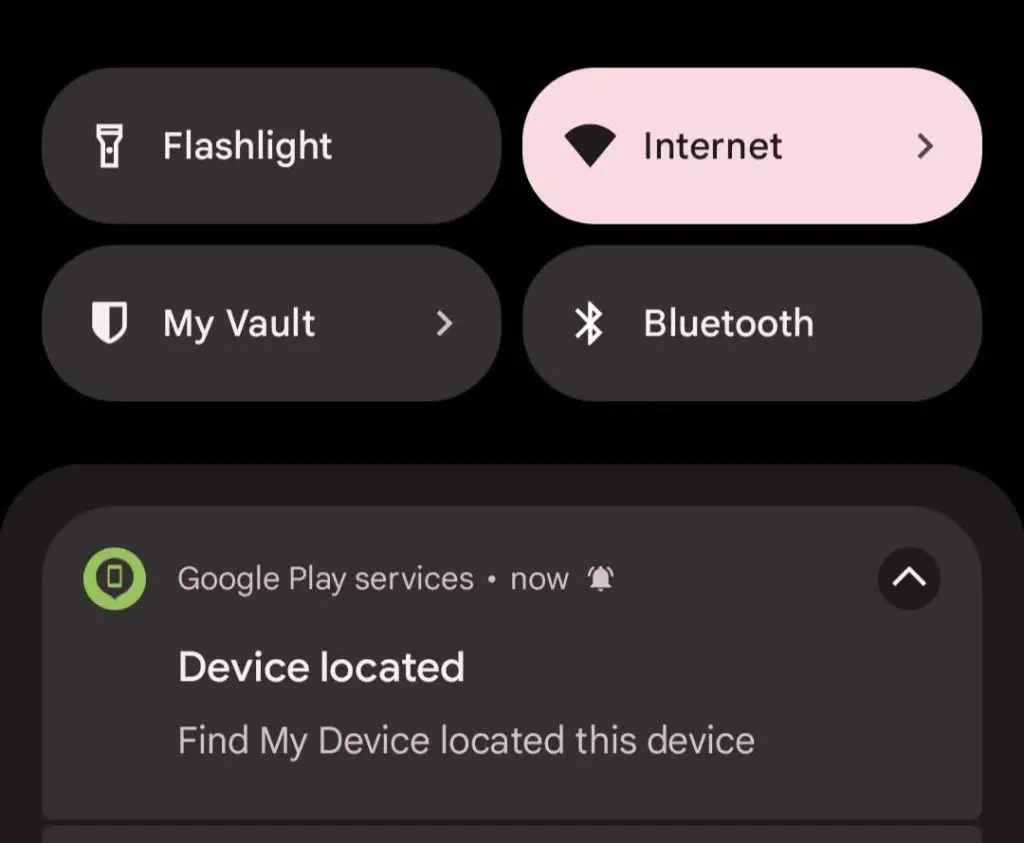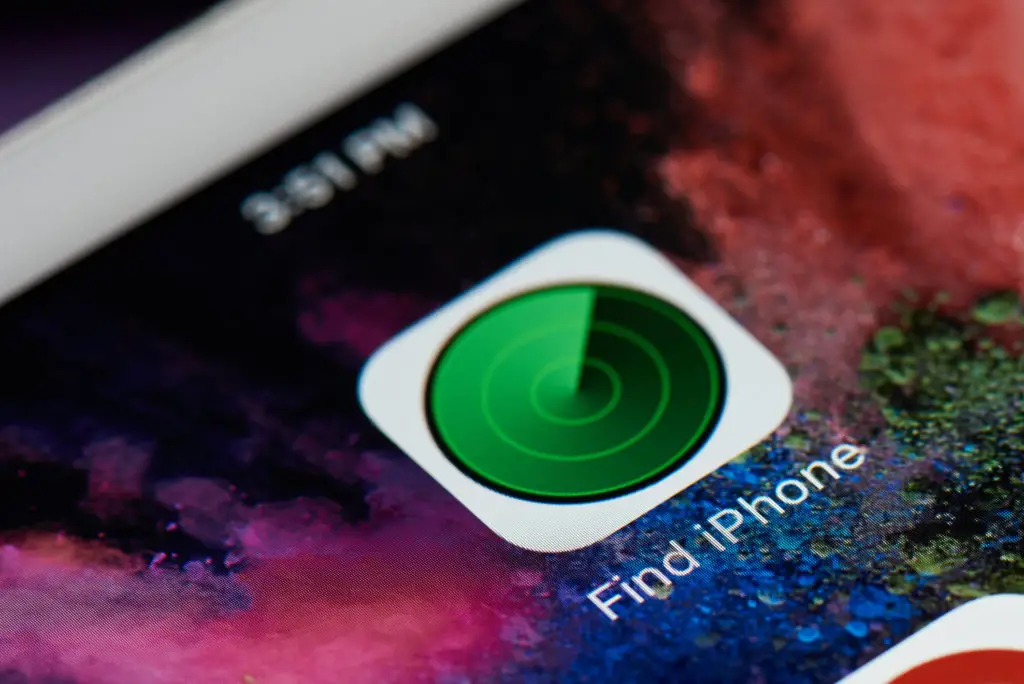Are you concerned that your phone number is being used to track you? Well, you are not alone. According to research by the New York Times, dozens of unauthorized entities are tracking the movements of more than 12 million Americans daily! With such shocking statistics, many people ask themselves: can someone find my phone location by using my number online?
Generally, it is difficult to find a device location by phone number without the phone owner’s help. Services exist that send an SMS link to a mobile number. Once clicked, you can obtain an approximate position. Continuous tracking is possible by cellular network operators and mobile OS developers.
In the following guide, we will tell you about the main ways someone can use to locate you through your cell phone number.

Tracking By A Clicked Text Message Link
This is one of the main ways to get someone’s location via their phone number. An attacker can send a text message (that would trick) you into opening a link on your smartphone’s browser. The mobile browser then may ask to use its access to location services to report a location.
This is how services like TrackMobi work to locate smartphones using only a phone number. SMS and MMS messages do not have any spam filtering and will be delivered to a target phone. It’s up to you not to open or click links within them.
I’ve written about what happens when you click on a spam or phishing text (or emails) and how text messages can be traced.
But there are some legitimate uses of this method, for instance, to locate an office or a service.
True Story: I left my car at the mechanic for service. The service department requested a ride for me using Lyft asking only for my cell number. The Lyft web app via my mobile browser and standard SMS worked flawlessly as a replacement for not having the Lyft mobile app.
Location Via Online Reverse Lookup Services
A reverse phone lookup is a service that allows users to key in a phone number in the search field on a site and get information about the owner of the number. Once the number has been entered, the site will return results that may include the name and address associated with that number.
Some reverse phone number lookup services like BeenVerified or Spokeo offer some basic reverse phone number lookups. These services combine multiple information databases and allow users to do a so-called people search via a phone number.
The location offered by these services might include an address based on these records, but the current location is generally not provided. A single phone number can reveal its owner’s…
- Location
- Email address
- Social media profiles
- Properties
What Sources Do Reverse Phone Lookup Sites Use To Identify Callers?
Most online reverse lookup services scour public resources like:
- Criminal records
- Social media databases
- Search engine indexes
- Census records
- White and yellow pages

Continuous Location Required By Cellular Network Operators
Cell phones must connect to towers to send or receive text messages, make calls, or transmit data. So, it is possible to track someone’s location by looking at the cell phone tower information associated with a text message or call.
Through triangulation, iOS and Android devices can be tracked by looking at the strength of the signal from various towers. By examining this data, it is possible to estimate someone’s location. However, triangulation can sometimes be inaccurate due to poor connectivity or interference in some areas.
But standard civilians can’t access these tower locations or move between stations of someone’s phone via their number (specifically an IMEI).
The government, however, can get this data from your cellular company. The primary purposes include providing emergency medical response and legal criminal investigation.
For example, with most people opting to cut the landline, providing 911 services requires the ability to find the location of a caller especially if they're unable to give their location during a phone call. EMS is able to use cellular triangulation to get a rough location of the caller.
The second reason your cell phone service company may tap into your location is when they are served a legal warrant. In the US, government agencies are generally required to obtain a signed warrant to pursue a search of your personal property including your data and in this case your location data. The American Civil Liberties Union (ACLU) uncovered that many of the agencies under the Department of Homeland Security (DHS) purchased vast amounts of cellular location data without judicial oversight. This is seen as a bold violation of the Consitution. Citizens wishing to protect themselves against this type of location tracking need to cut cellular service and switch to
- using only an encrypted messenger to communicate with friends and family and
- powering on a burner phone to make calls requiring a standard phone number.
Mobile OS Developers Can Track Device Location
The cobbled-together nature of cellular networks makes using just a phone number to check location difficult. That’s why some people, including mobile app developers, use your operating system to track a phone’s location.
Android and iOS devices have dedicated device locator services specially designed for when your phone gets lost or stolen. However, somebody with access to your iCloud or Google account can also use them to track your location even without your phone number. This is why it’s crucial to protect these accounts.
Here is how they work:
‘Find My Device’ For Android
Find My Device is a web-based service that uses Google’s deep integration with Android to help locate a lost or stolen device. The service allows users to also remotely ring the device, as well as lock and even fully erase the device.
Additionally, a Find My Device app can help when you have multiple devices attached and logged in to the same Google account.

Note: When using Find My Device, a notification is shown on the target device, so there’s transparency when using this tracking service.

‘Find My iPhone’ For iOS
Find My iPhone works similarly to Google’s offering. iPhone users can track their lost or stolen smartphone’s location and lock or wipe the device as long as it is connected to the internet.
To reduce (or add to the) confusion, Apple’s Find My Friends found in the App Store is different. Find My Friends focuses on keeping track of the location of your friends and family, while Find My iPhone’s purpose is to track your lost or stolen device.
See the support documentation for Find My iPhone for more information.
These two phone locating services are active as long as the GPS location services on the phone are enabled and the owner has granted the app permission to access the location services on the device.
Fear not. Apple and Google understand the sensitive nature of having constant access to your location. The mobile OSes guard access to the phone’s location with explicit permissions, often expiring the authorization after an app does not use the permission for some time.
But what about installed apps from other mobile developers.
What About Third-Party Location Apps?
Third-party app developers can produce apps that may have access to your phone number and location services on the device simultaneously.
Have you considered that some of the most insecure and toxic apps have access to your phone number and your device’s location? WhatsApp, Facebook, Instagram, and Tiktok are some of the worst social media apps with direct access to your phone number and device location.